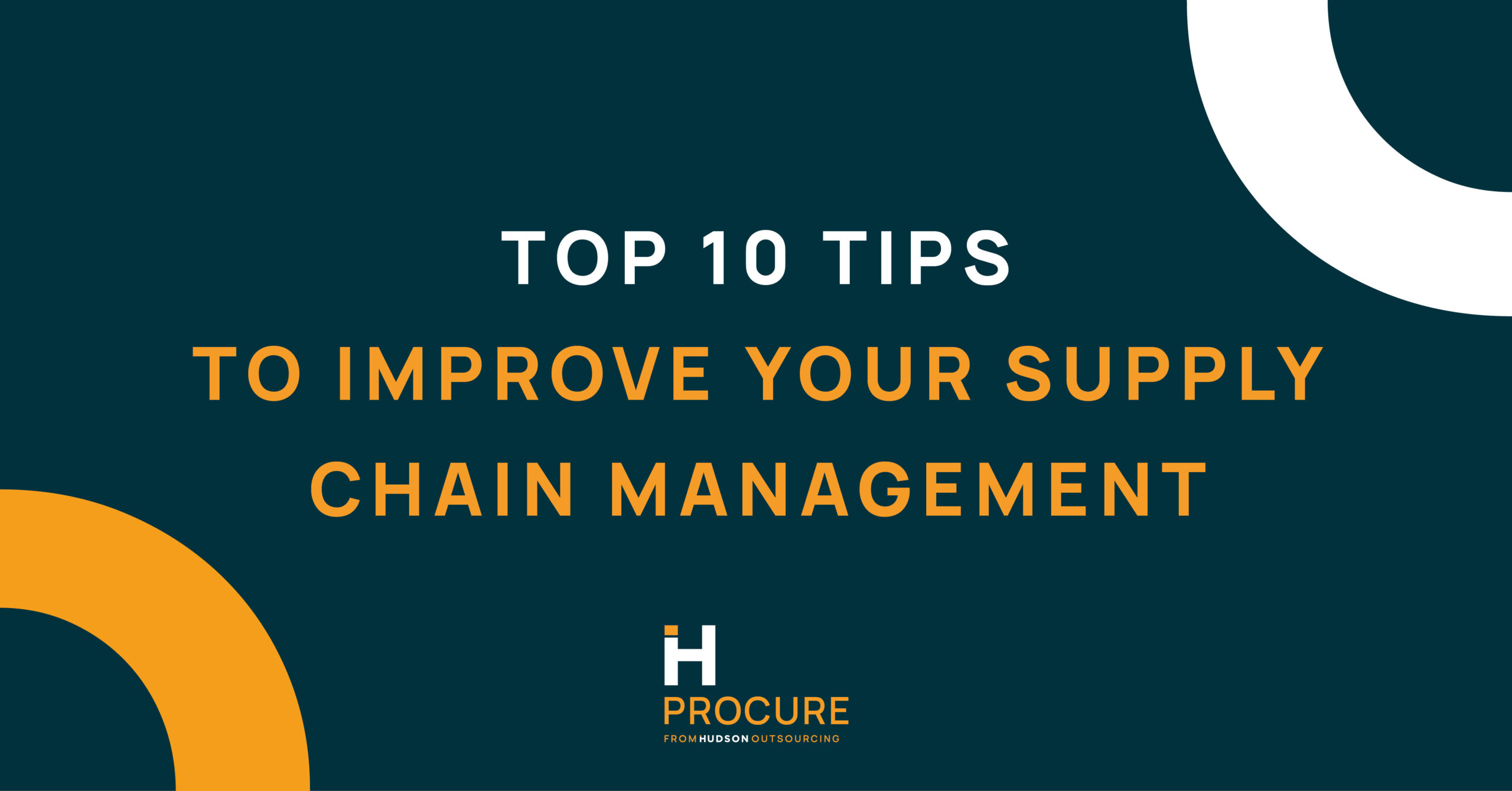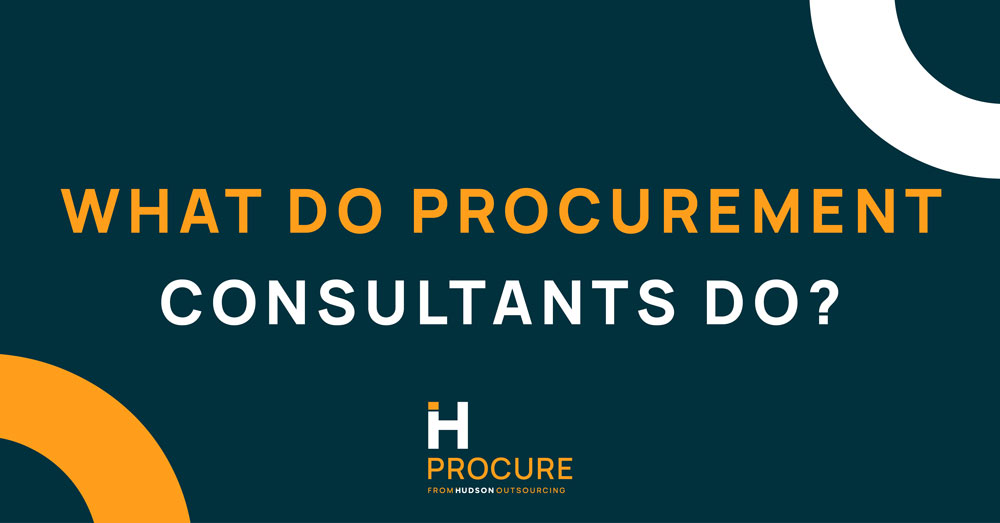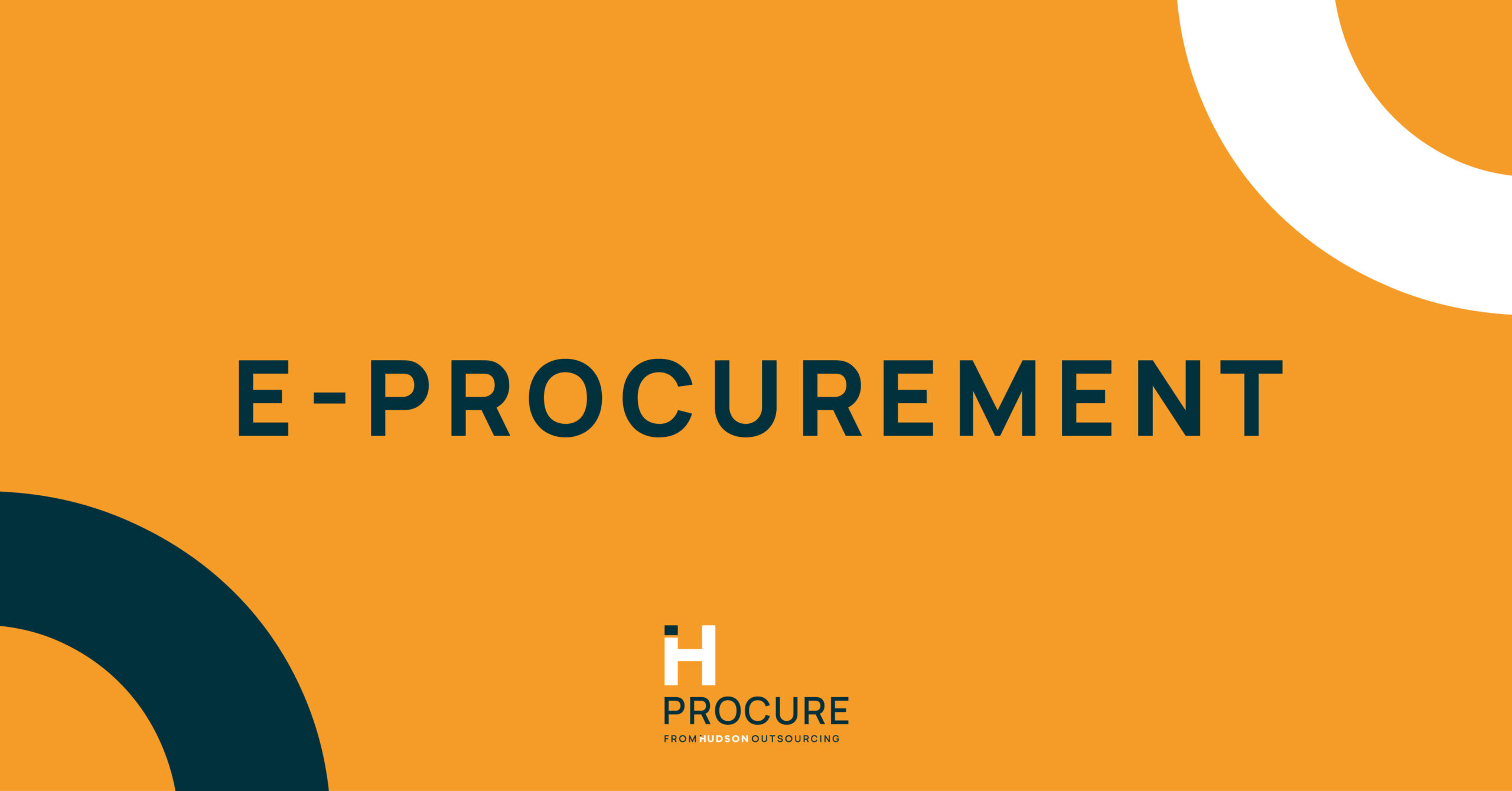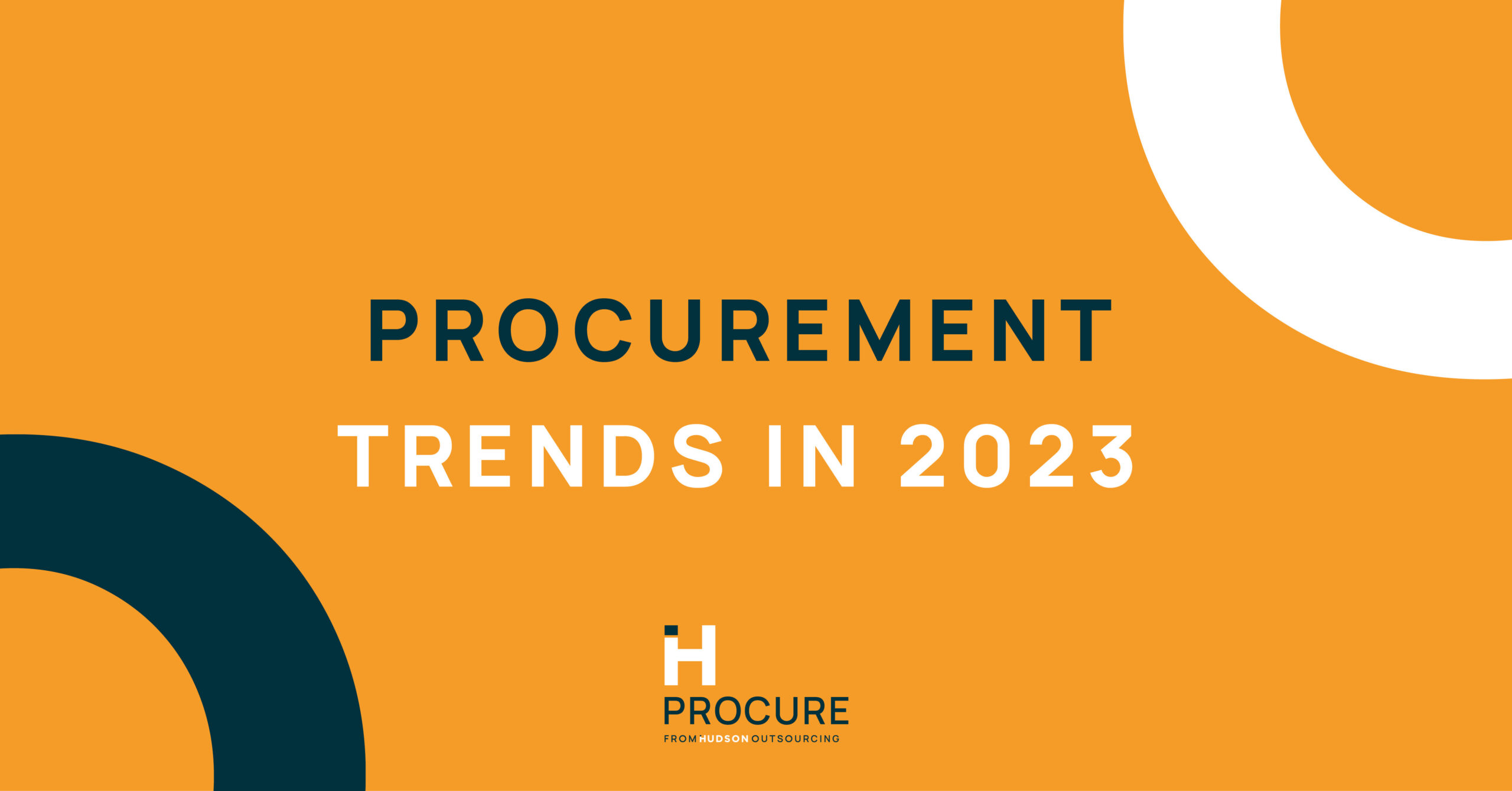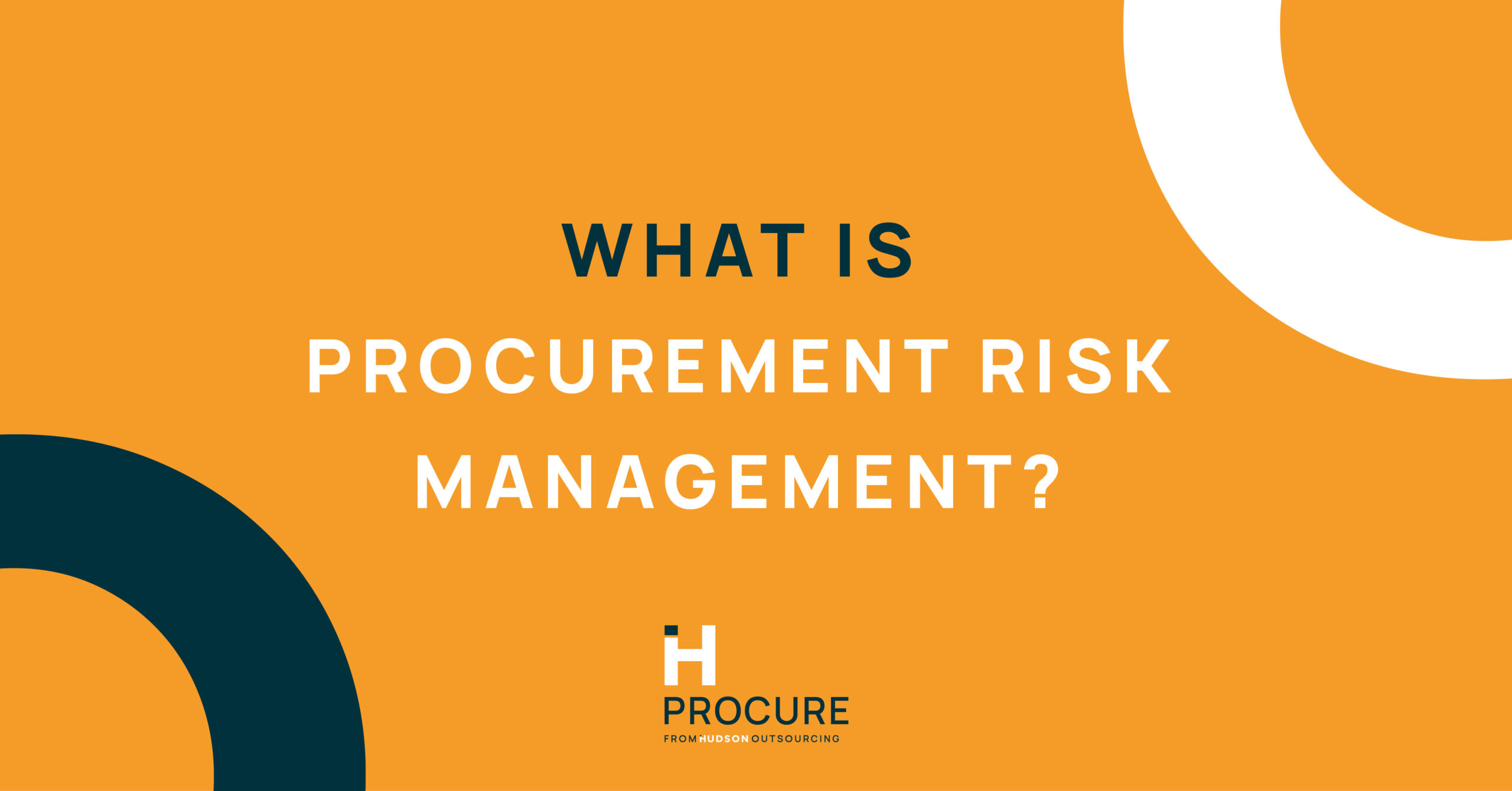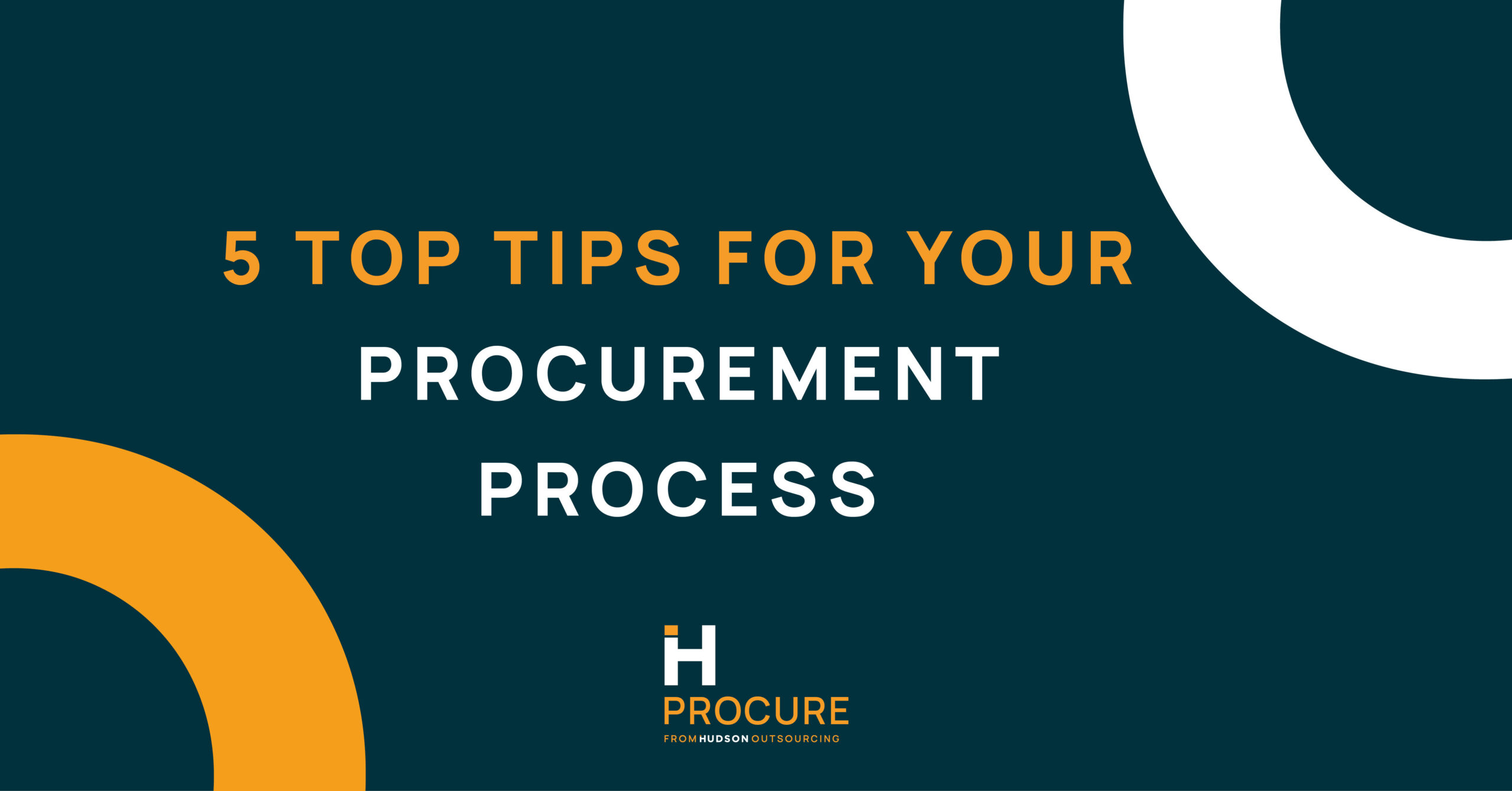7 stages of the procurement process in the public sector
Are you a buyer that wants to learn more about the procurement process in the public sector?
Well, you’re fortunate that you’ve found Hudson Procure. In this blog, we’ll walk you through each step of the procurement process in the public sector.
The UK procurement process in the public sector
Public sector procurement is the process of acquiring goods, services and works for government departments, agencies and public bodies.
In the UK, all public procurement must be based on value for money. In other words, buyers should choose suppliers that offer the highest quality goods or services for the lowest price. The aim is to ensure that all public sector organisations are fair, open and transparent during the buying process.
The 7 stages of the procurement process in the public sector
-
Identify a need
The first step of the procurement process in the public sector is to actually identify a business need. This will differ from business to business and can be anything from construction works to website development.
-
Develop the scope
At this stage, it’s time to develop the scope of the work you’re hoping to procure. Basically, you need to decide the size, scale and complexity of the project you’re posting. This could include details such as:
- Budget
- Number of suppliers
- Timescales
- Lots (if applicable).
-
Determine the procurement method
As part of the procurement process, it’s important that you determine the procurement method that you’re going to use. The different types of procurement include, but are not limited to:
Open tendering is also known as competitive bidding. It allows suppliers to bid on contracts in an open, fair and transparent way. Of all the procurement methods, this procurement process in the public sector focuses most on value for money. In other words, it allows buyers to find the highest quality services for the lowest cost.
With restricted tendering, there is a limit on the number of suppliers that can bid for a contract. Buyers will invite suppliers to bid on their contract if they meet a particular set of requirements. This procurement method is commonly used so that only qualified suppliers can proceed with the bid.
-
Write a specification
The next stage of the procurement process in the public sector is to actually write the contract’s specifications. It’s crucial that you fully understand the procurement requirements so that you can easily convey this to potential suppliers.
Your chosen method of procurement will determine what’s included in the specifications. For example, an invitation to tender (ITT) will typically include the following:
- Description of what is required. This outlines the goods, services or works being procured.
- Specification of what is required. This includes the marking criteria, such as quality and price.
- Delivery details. For example, time and location.
- Terms and conditions. There are two types of terms and conditions in a contract. These are express terms and implied terms.
- Service Level Agreement (SLA). This is an agreement between the buyer and supplier based on quality, delivery, availability and other measurable criteria.
-
Publish a tender notice
Now it’s time to publish the tender notice and give suppliers the opportunity to submit a bid. This stage of the procurement process in the public sector will change depending on your requirements. However, one way that you can publish a contract is through a tender portal.
With Procure Post, you can post publish your opportunity to any of our 11 sector-specific tendering portals for FREE!
-
Evaluate submissions
After the submission deadline has passed, it’s time for buyers to evaluate the tender submissions from suppliers. There are different evaluation processes, but a common one is the MEAT, which stands for the most economically advantageous tender. Many buyers that follow the procurement process in the public sector will use the MEAT to evaluate the tender submissions. With this method, buyers are looking for the most value for money. So, the contract is likely to be awarded to the supplier offering the best value for the lowest price.
Buyers will usually evaluate each question individually and award it a score between 0 and 10. Generally, a score of less than 5/10 will be rejected immediately. Selection and award criteria must be clear, precise, and unequivocal so that the supplier understands what’s important for the buyers. This also aids the buying organisation in properly assessing whether the suppliers have met the contract requirements.
-
Award the contract
Once the buyer has evaluated the tender submissions, it’s time to award the contract to the chosen supplier. The buyer must give notice to each supplier of their decision. Alongside this, they must include appropriate feedback on why their bid was unsuccessful, and why the winning bid was successful. This will include the relative advantages of the successful supplier and how highly they scored against the criteria.
In summary
The procurement process in the public sector can be incredibly complex and includes many different stages. Buyers need to identify a need, develop the scope of work being procured and decide on a procurement method.
After these steps have been completed, buyers need to write the specification and publish the tender notice. Once they have received submissions from suppliers and the deadline has passed, the buyer needs to evaluate them. Then, the contract will be awarded to the supplier offering the highest value for the lowest price.
How can Hudson Procure help with the procurement process in the public sector?
At Hudson Procure, our procurement experts have nearly two decades of experience. No matter what kind of support you’re looking for, we can help.
We provide project-based tender support and management in addition to offering any required procurement support on an ad-hoc basis. Our Procure Consult service includes mentoring, coaching and general advice. Ultimately, we have the capability and experience to support any operational or strategic procurement requirement.
Procure Health Check
Our Procure Health Check service is for companies that have some knowledge of procurement but need that bit of assistance. The service includes on-site interviews with stakeholders to understand current procurement processes, skills and understanding. Also included is a review of procurement systems, infrastructure and opportunities for development.
Procure Analyse
Our Procure Analyse service provides a high-level, vendor-led analysis of an organisation’s spending activity. This helps us to understand current purchasing behaviour and areas where procurement activity can be focused to deliver greater value. This service helps generate a structured, forward plan for procurement activity and improving purchasing operations.
Procure Outsourcing
Procure Outsourcing focuses on providing procurement solutions on an outsourced basis. This would mean that the procurement services can be tailored to your needs. This could mean:
- Supporting existing procurement resources as an extension of your team
- Multiple tender projects delivered as a package
- Full procurement function for an organisation.
Procure Post
Are you trying to find a supplier for your project? Post your tendering opportunity onto any of our 11 sector-specific portals for FREE with Procure Post!
Housed by our sister company, Hudson Discover, our portals host thousands of tendering opportunities for organisations of all sizes. We’ll help you identify your requirements and find the most suitable suppliers for your business.
For more information or for a free consultation, please get in touch.
Check out our other blogs for further Procurement Insights:


